PsychNewsDaily Publishers
100 Summit Drive
Burlington, MA, 01803
Telephone: (320) 349-2484
PsychNewsDaily Publishers
100 Summit Drive
Burlington, MA, 01803
Telephone: (320) 349-2484
Obsidian is a volcanic glass formed from rapidly cooled lava, used historically for tools and spiritual practices, valued for its beauty and unique color variations.
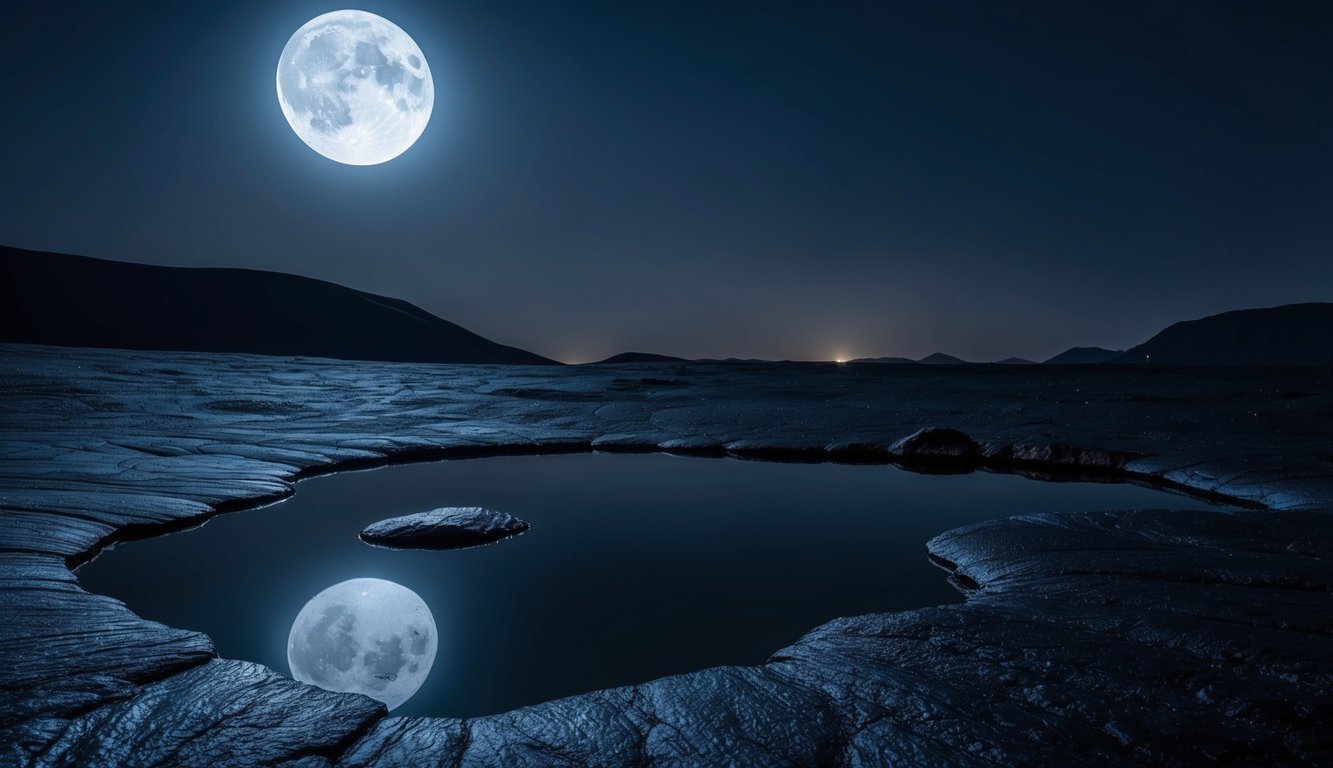
Obsidian is this fascinating volcanic glass that’s born from molten lava. It catches my eye with its deep, shiny black surface. It’s incredible how something so beautiful comes from such intense heat.
When lava cools super quickly, it doesn’t have time to crystallize. That’s what gives obsidian its glassy feel. Honestly, I wonder what it must be like to see it form in nature—fiery rivers of molten rock turning into smooth, dark stones.
This natural glass has been used for ages. Ancient peoples shaped it into sharp tools and blades. Because of its sharpness, it became essential for hunting and crafting. Obsidian was also valued for its beauty. Imagine a shiny, black piece reflecting the sunlight—so striking!
Some cultures even assigned it spiritual meaning. To them, it wasn’t just a tool but something with deeper significance. They believed it held power and mystery, a link to the earth’s forces.
I can see how obsidian stirs up imagination. It’s more than just igneous rock; it’s a reminder of nature’s incredible power. Each piece tells a story of fire, earth, and the rapid cooling that transformed it into something we admire today. Isn’t that thought pretty amazing?
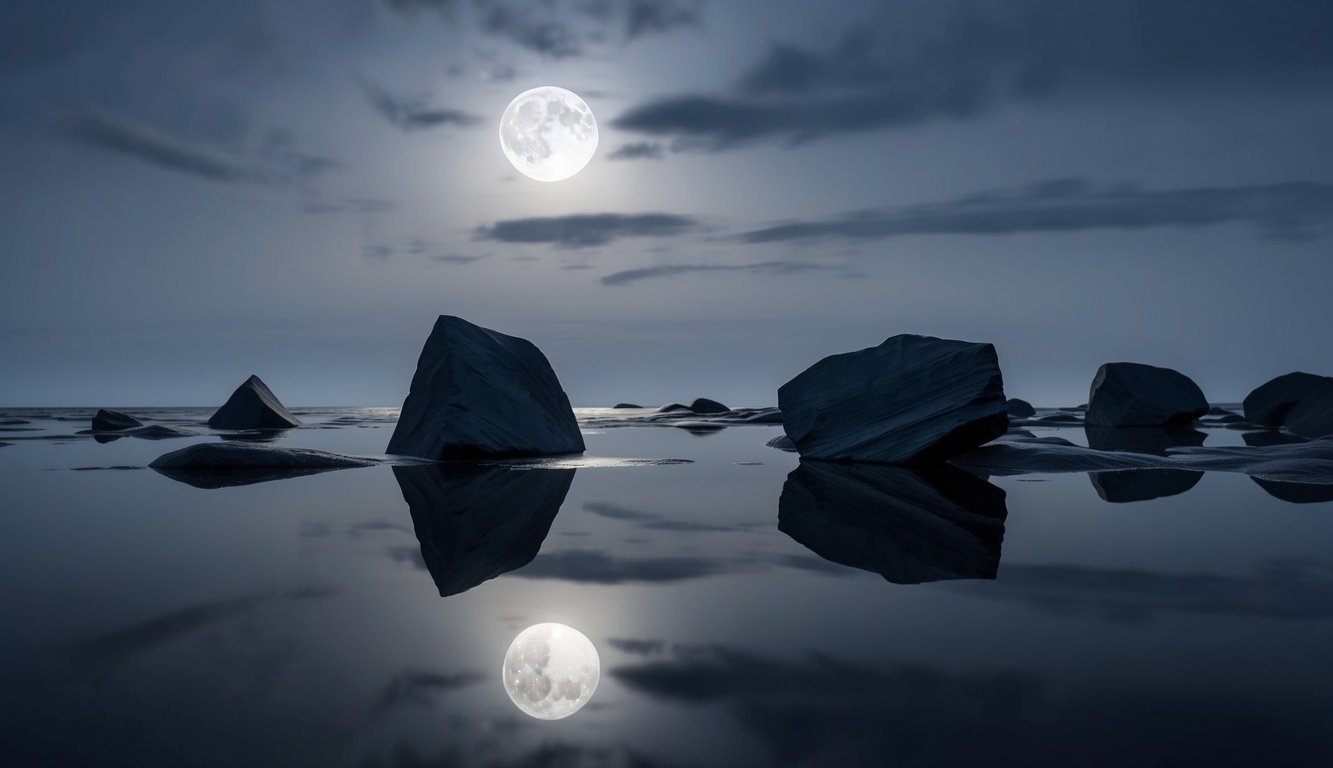
Obsidian is fascinating, isn’t it? The way its colors shimmer and reflect light can really draw you in. Let’s dive into the varieties of this volcanic glass and uncover the magic behind its stunning shades and categories.
When I look at obsidian, I’m always surprised by how it comes in so many different colors. There’s the classic black obsidian, which looks like the night sky, smooth and deep. Then there’s brown obsidian, which has warm, earthy tones. I find green obsidian quite interesting too; its color can remind me of mossy forests.
Don’t overlook snowflake obsidian, which has white spots that look like tiny snowflakes against its dark surface. I also wonder about red obsidian; it’s often said to symbolize strength and passion. And then there’s rainbow obsidian, with its swirls of colors! Each type often has a unique flair, shaped by the volcanic activity that created it.
Now, let’s talk about sheen obsidian, because it has its own unique charm. Gold sheen obsidian is particularly striking. The way it catches the light can make it seem alive! I’ve noticed how the light plays across its surface, revealing hints of shimmering gold.
Mahogany obsidian is another beauty to behold. Its reddish-brown color can create a warm, inviting feel. For an ethereal vibe, we have silver sheen obsidian. It has a mysterious glow that sparks curiosity. I often find myself just staring at these pieces, admiring how the bubbles within can create such mesmerizing patterns.
And I can’t forget about blue obsidian, which feels rare and special. The combination of colors and textures makes each piece fascinating in its own way. I feel like there’s always something new to discover in these beautiful variations.
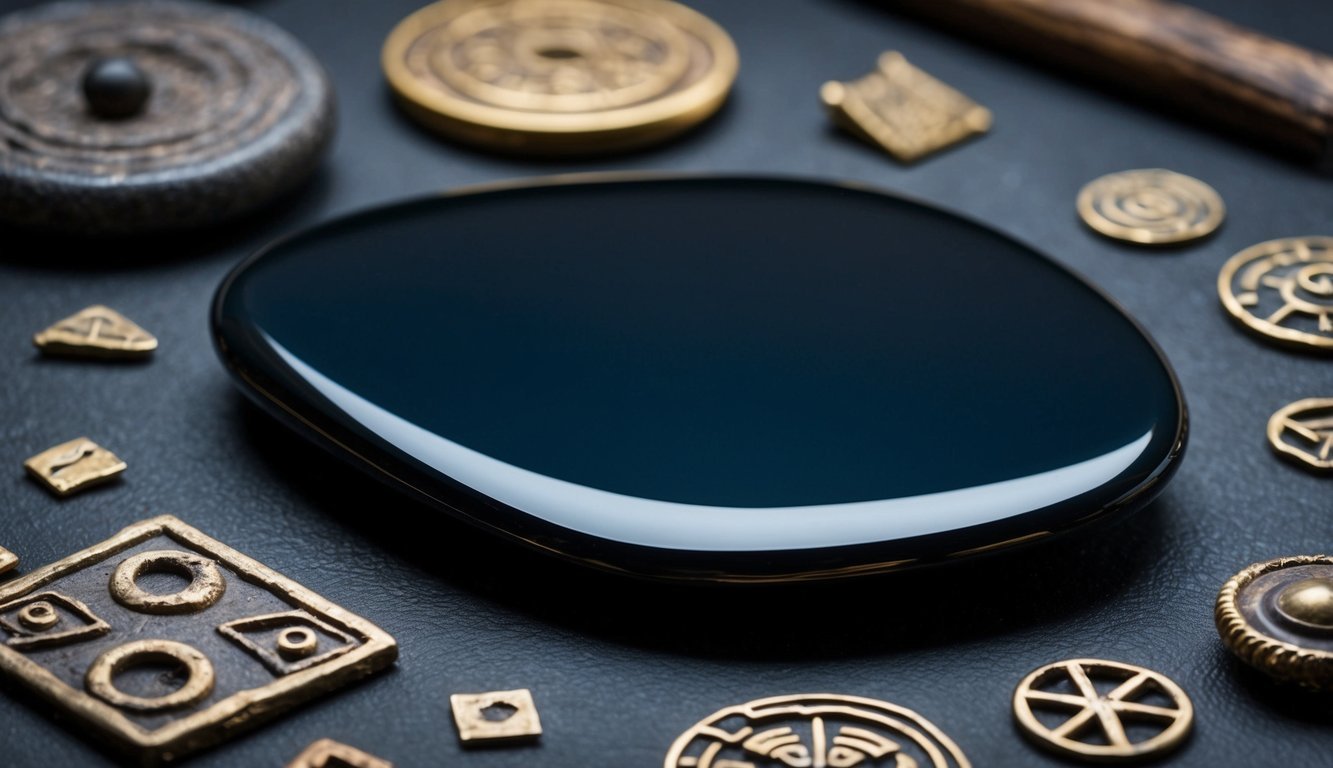
Obsidian holds a fascinating place in history and culture, serving as both a practical tool and a symbolic object in many societies. Its unique properties made it highly valued across different regions, and its associations often carried deeper meanings.
I find it amazing how ancient cultures harnessed obsidian. They created tools like arrowheads and blades that were sharper than metal. This volcanic glass was key for survival, especially in hunting and crafting. For the Aztecs, obsidian wasn’t just useful; it was sacred. They believed it was a gift from Tezcatlipoca, their god, and used it for rituals and ceremonies. It’s intriguing to think that some of the mirrors made from obsidian, called “smoking mirrors,” played significant roles in spiritual practices. I wonder what it must’ve been like to gaze into one and see the world reflected back in such a mystical way.
Obsidian isn’t just important to the Aztecs; its story stretches across the globe. In Greece, it was used for tools and art, while in Japan, obsidian blades aided in both warfare and daily life. People in Iceland also took advantage of volcanic glass for cutting materials. I like to think of the connections between these different cultures through obsidian. They all recognized its value, whether for practical use or spiritual significance. It’s kinda cool to realize that while they lived worlds apart, that dark glass linked them in ways we’re only beginning to understand. What a small world, right?
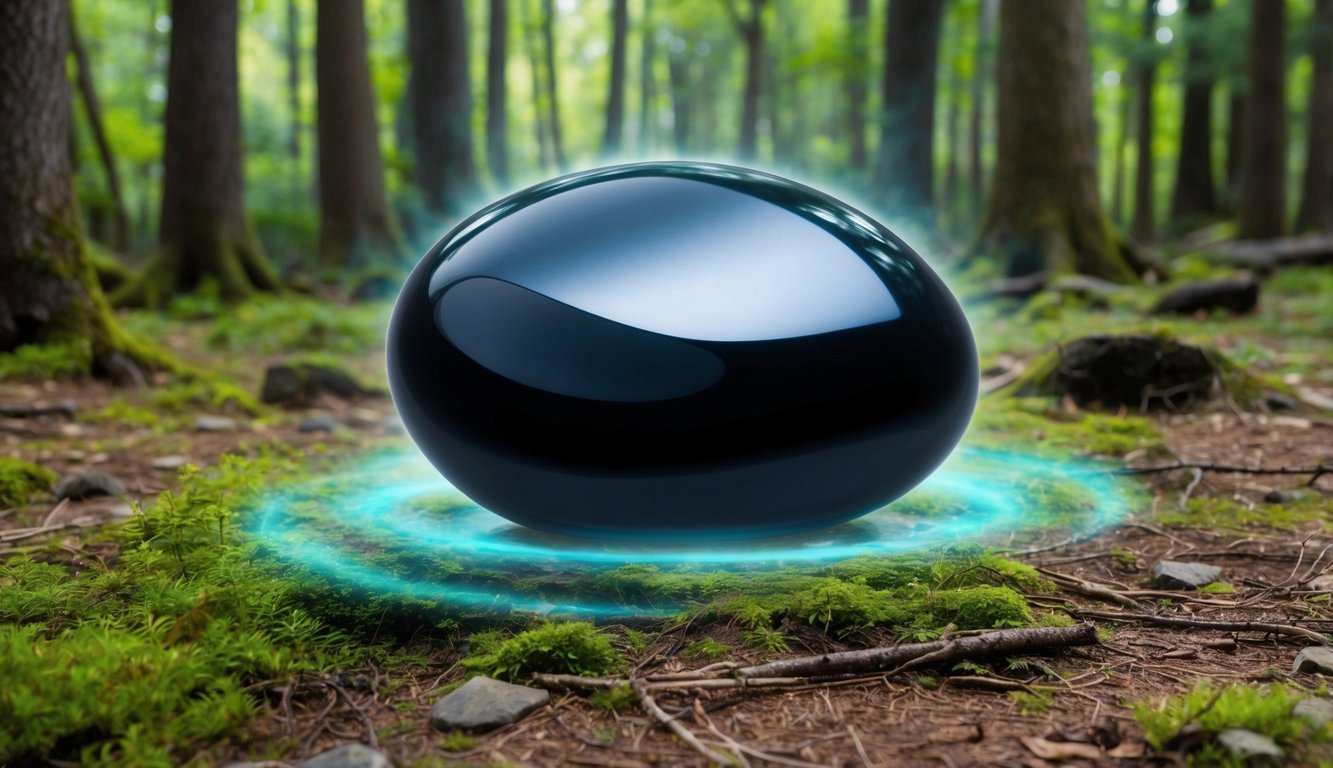
Obsidian holds a wealth of energies that touch on the spiritual and physical aspects of our lives. This beautiful, dark volcanic glass isn’t just pretty to look at; it can be a powerful ally for transformation and healing.
When I think about the metaphysical properties of obsidian, I can’t help but feel excited. It’s said to offer protection against negative energy, acting like a shield. People often use it during meditation to help clear their minds. Just holding a piece can ground us, bringing balance and stability.
Many believe it connects to the root chakra, anchoring us to the earth. It’s also thought to open the door to personal growth and spiritual healing. Imagine soaking in its energy to gain clarity and courage. Honestly, I wonder how many people overlook this amazing tool for stress relief and peace.
Obsidian isn’t just about the spirit; its healing properties extend into the physical realm too. I’ve read that it can assist in detoxing the body, helping with ailments like anxiety or tension. Some folks even carry it as a talisman for luck and motivation.
It’s fascinating how this stone, formed from fire and cooled by water, embodies such dynamic energy. I’ve heard stories about its ability to enhance physical healing, like boosting strength after a workout. Can you believe this? With all its amazing attributes, it becomes commonly known as a strong psychic shield against attacks.
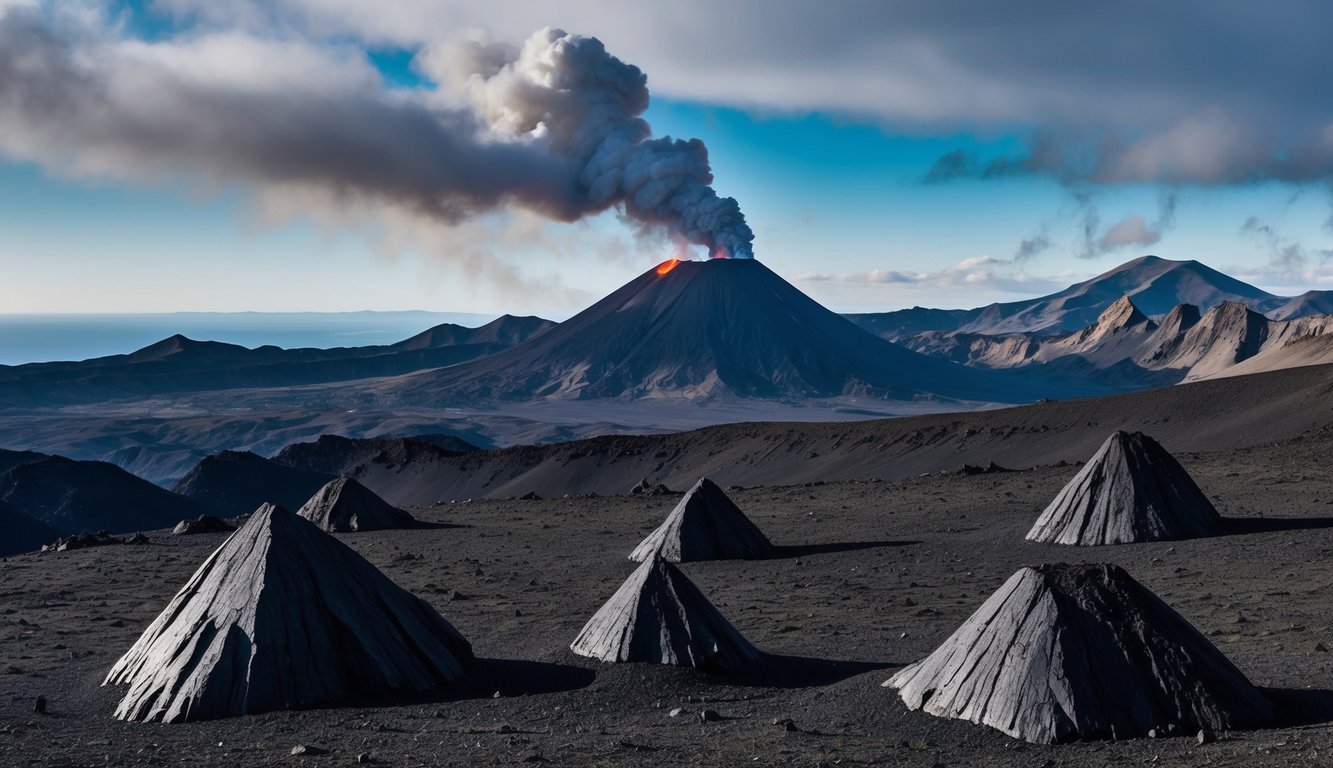
Obsidian is a fascinating volcanic glass with some unique physical traits. Its structure and the way it’s crafted into beautiful items really show what makes this stone special. Let’s dive into how it’s formed and used.
Obsidian forms from rapidly cooled molten lava, creating this smooth, dark glass. It’s mainly made up of silica, which gives it a shiny black look. I think it’s interesting how its glassy nature comes from not having a crystalline structure, making it quite different from regular rocks.
One of its most notable features is its conchoidal fracture. That’s just a fancy way of saying it breaks with smooth, curved surfaces. You might see this in its sharp edges, which is why it was often used for tools and weapons in ancient times. Obsidian is also quite brittle, meaning it can crack or shatter if handled too roughly. I wonder if ancient people realized just how beautiful this glass could be.
When it comes to crafting, obsidian’s beauty shines through. I love how artisans can create stunning jewelry from this volcanic glass. Think about earrings, necklaces, and even rings made from obsidian that catch the light beautifully. They often mix it with materials like hematite or incorporate stones known as apache tears, which add extra depth and meaning to the pieces.
Crafting with obsidian isn’t just about looks; it also involves skill. Jewelers must pay attention to how they shape and polish the glass, preserving its smooth texture while highlighting its natural sheen. You know, it’s a true blend of art and science. Honestly, the results can be breathtaking, showcasing this amazing material in ways that celebrate its origins and history.
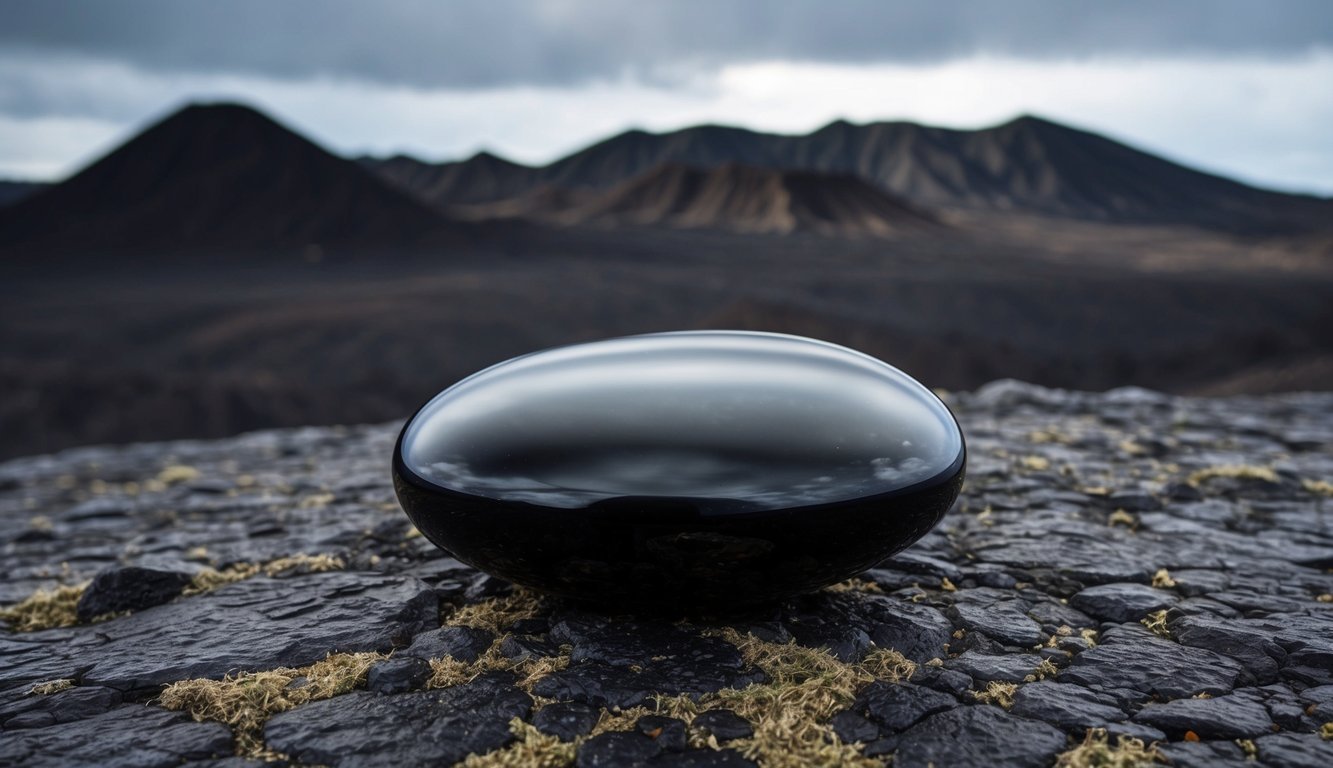
Obsidian, this intriguing volcanic glass, has so much to explore. There are spiritual meanings, uses for different colors, and the fascinating ways it’s formed. Let’s dive into some common questions about this mysterious rock.
Black obsidian is often seen as a protector. I mean, people say it helps shield against negative energy and emotional harm. It’s like having a little security blanket made of stone! Folks often use it in meditation, believing it can help ground their energies. Pretty fascinating, right?
Red obsidian is unique for its vibrant color. This one’s linked to passion and strength. I’ve read that some folks wear it as jewelry to boost their confidence. It’s also thought to inspire creativity. I wonder if that’s why artists sometimes reach for it when they need a spark!
Obsidian forms when lava cools really fast. It’s wild to think about! The quick cooling prevents the crystals from forming, so it ends up as this shiny glass. I can just picture it, molten lava flowing and then—bam!—cool glass forming as it hits the air or water. Nature’s art at its best.
Blue obsidian is rarer than the black type. It’s often admired for its beauty. People say it can represent clarity and communication. I think that’s interesting! Some folks love to use it for enhancing their expression, almost like a key to unlock their thoughts.
Green obsidian is all about growth and healing. It’s often said to connect to nature and balance. I guess that’s why some people keep it around to promote a sense of peace. Using it during stressful times could really help ground us, as we navigate life’s ups and downs.
Obsidian gives us a peek into ancient times. Early humans used it for tools and weapons, showing us how they adapted to their world. When you look closely, you can see the layers and bubbles inside. Each piece tells its own story, capturing the moment it was formed.